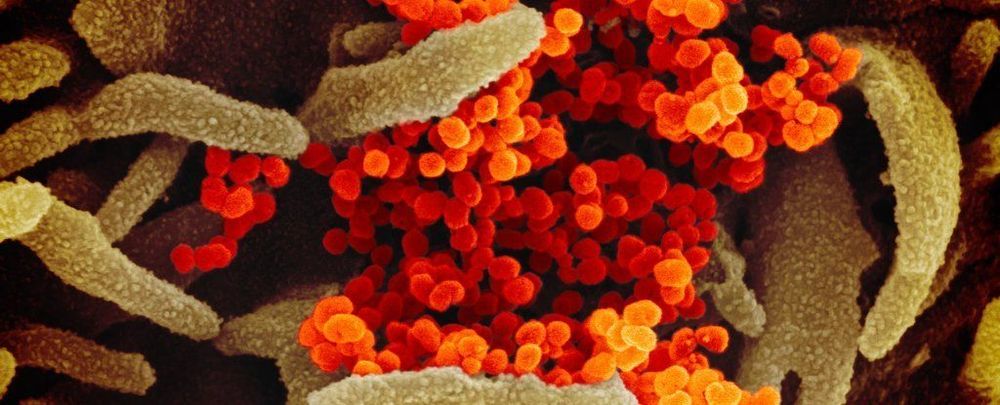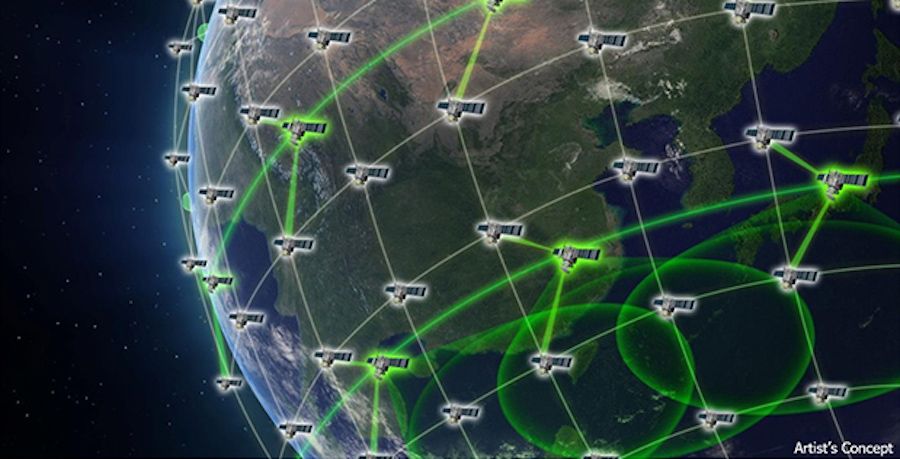Scientists have discovered which kinds of cells in the human body may be most susceptible to infection by the SARS-CoV-2 virus, identifying putative targets for the pathogen based on the types of proteins produced by cells.
During the original SARS epidemic in the early 2000s, researchers found that the virus responsible, officially designated SARS-CoV, infects cells with the help of two proteins: a receptor called angiotensin-converting enzyme 2 (ACE2), which helps the virus bind to cells, and an enzyme called Type II transmembrane serine protease (TMPRSS2), which mediates the infection of the cell.
Earlier this year, scientists discovered that SARS-CoV-2 — the one that causes COVID-19 — exploits the same two proteins, giving researchers a vital clue to identify the most susceptible targets of the virus at the cellular level: cells in respiratory and intestinal tissue that express both ACE2 and TMPRSS2.







